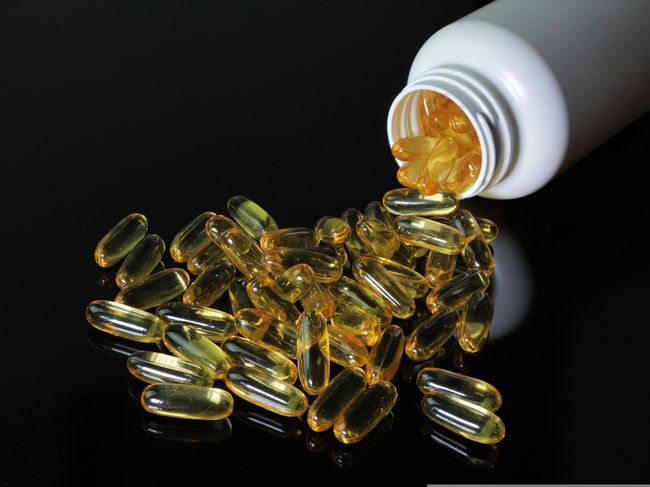Peptides have gained significant traction within the fitness and bodybuilding communities, often featured prominently alongside discussions of steroids. The intricate relationship between these two categories of performance-enhancing substances warrants a comprehensive exploration. This article will delve into what peptide courses are, how they intersect with steroid use, and their potential benefits and risks.
What Are Peptides?
Peptides are short chains of amino acids that play critical roles in various biological functions. They are naturally occurring in the body and are involved in processes such as hormone regulation, muscle repair, and metabolism. Due to their biological importance, synthetic peptides are developed for therapeutic uses and athletic enhancement.
Types of Peptides
There are numerous types of peptides, each with unique properties and effects. Here are some common categories:
– **Hormonal Peptides**: These include growth hormone-releasing peptides (GHRPs) that stimulate the secretion of growth hormone.
– **Insulin-like Growth Factor (IGF)**: Known for its role in muscle growth and recovery.
– **Fat Loss Peptides**: Such as Melanotan and Human Chorionic Gonadotropin (HCG), which can aid in fat loss.
– **Repair Peptides**: These help in recovery from injuries and improve healing processes.
The Connection Between Peptides and Steroids
While both peptides and steroids are used to enhance physical performance, they operate through different mechanisms. Steroids are synthetic derivatives of testosterone and primarily function by increasing muscle mass and strength through direct androgenic effects. In contrast, peptides generally work by influencing hormonal pathways, leading to enhanced muscle growth and recovery without the same level of side effects associated with steroids.
Benefits of Combining Peptides and Steroids
The combination of peptide courses with steroid cycles can yield synergistic effects, enhancing overall performance. Some potential benefits include:
– **Increased Muscle Mass**: Peptides can amplify the anabolic effects of steroids, leading to more significant muscle gains.
– **Improved Recovery**: Peptides can enhance recovery times, allowing for more intense training sessions and reduced downtime.
– **Fat Loss**: Certain peptides can help mitigate fat gain during bulking cycles, ensuring that the gains are predominantly lean muscle.
– **Hormonal Balance**: The use of peptides can promote better hormonal balance, potentially reducing side effects associated with steroid use.
Implementing a Peptide Course
When considering a peptide course, it’s essential to approach it with careful planning and knowledge. Here are some key factors to consider:
1. **Goals**: Define what you wish to achieve with the peptide course—be it muscle gain, fat loss, or enhanced recovery.
2. **Research**: Understand the specific peptides you plan to use, their dosing protocols, and how they interact with steroids.
3. **Cycle Length**: Determine how long your peptide course will last; typically, 8–12 weeks is common.
4. **Dosage**: Follow established guidelines for dosing to minimize risks and maximize effectiveness.
If you’re looking to enhance your bodybuilding regimen, consider incorporating a Peptide Courses steroid course into your routine. Peptides are known for their ability to promote muscle growth and recovery, making them a popular choice among athletes and fitness enthusiasts. For more information on how to safely and effectively use these supplements, visit https://bulksteroid.net/steroid-courses/peptide-courses/.

Risks and Side Effects
As with any performance-enhancing substance, using peptides comes with potential risks. While many peptides are considered safer alternatives to traditional steroids, they are not devoid of side effects. Possible complications include:
– **Hormonal Imbalances**: Mismanagement of doses may lead to imbalances affecting mood, libido, and other bodily functions.
– **Injection Site Reactions**: Since many peptides are administered via injection, there could be localized pain, swelling, or infection at the injection site.
– **Cardiovascular Issues**: Some peptides may influence blood pressure or heart function, necessitating caution in individuals with pre-existing conditions.
– **Legal and Drug Testing Concerns**: Depending on your location and sport, the use of certain peptides may be prohibited, leading to legal issues and disqualification from competitions.
Conclusion
Peptide courses represent an innovative approach within the realm of performance enhancement, offering exciting possibilities for athletes and bodybuilders. When combined strategically with steroid use, they can maximize gains while potentially minimizing adverse effects. However, a thorough understanding of both the benefits and risks involved is crucial for anyone considering this path. As always, consulting with healthcare professionals and conducting extensive research will ensure a safer and more effective experience with peptide supplementation..